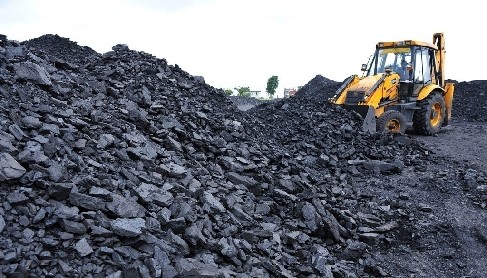Lahore: Gasifying Thar coal can produce a more economical and dependable energy source, cutting gas prices by 60% from the present $20 per million British thermal units (for imported gas) to $8 per mmBtu.
Former Pakistan Science Foundation chairman and top authority on energy and technology management, Dr. Farid Malik, announced that laboratory findings from Nelson Mandela University in South Africa demonstrated that Thar coal was suited for gasification and might find extensive application in other industrial sectors, such as steel, liquid fuels, and fertilizer.
The coal is ideal for gasification, according to test results, because it has an ash percentage of about 18% and an ash flow temperature of about 1,325 degrees Celsius. Lignite coal is known for its high carbon reactivity.
Between 1,550 and 1,600 cubic meters of pure gas per ton are anticipated. South Africa and Germany are both leaders in coal gasification technology. He highlighted the significance of fully utilizing the Thar coal reserves for Pakistan’s economic development by gasifying the capability of Thar coal.
The first idea was to establish a pilot plant before producing synthetic natural gas (SNG) on an industrial scale using Thar coal.
Also read: Pakistan identifies 10 energy projects for Saudi’s investment
Malik said, “The expert opinion suggests that Thar coal is ready for large-scale production of SNG with no need for a pilot plant. Several coal gasification plants are running in China, producing urea, liquid fuels, SNG, etc.”
He pointed out that over $5 trillion had been spent on research to help achieve the transition to carbon-free energy, but it was discovered that a cheap, domestic fuel was needed to meet a country’s needs.
With a current mining capacity of 15.4 million tons annually, the coalfields in Thar’s blocks I and II are producing 2,640 megawatts of reasonably priced power, which covers around 10% of the nation’s demands. Currently, using Thar coal to generate electricity costs Rs4.4 per kWh, whereas imported coal costs Rs14.8 per kWh.

